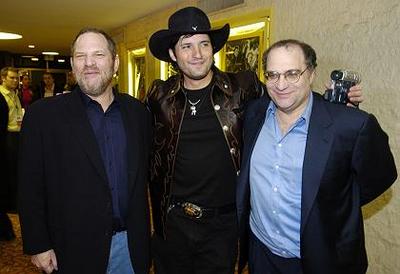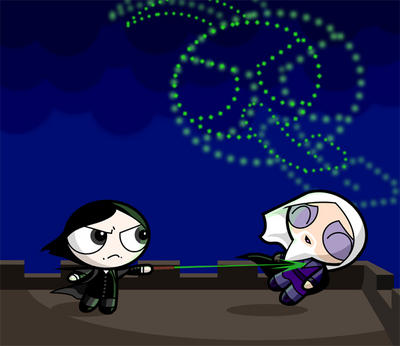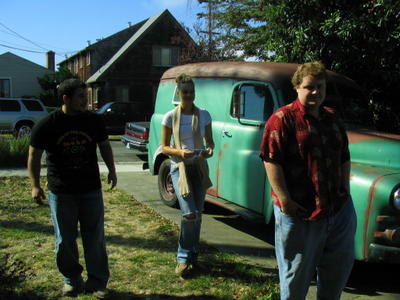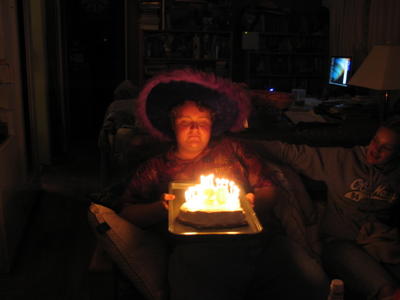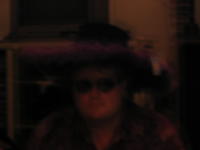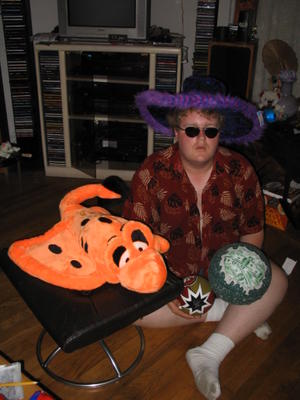yeah!
The poems Complaint by James Wright and Early Evening Quarrel by Langston Hughes both deal with the theme of male/female relationships. Reread each poem several times, paying attention to the rhythm, tone and imagery, and think about the relationships depicted. Then, in a 1and 1/2 to 2 page essay, explain how the relationships are different, referring to poems' properties -- the word choice, meter, format and even their titles -- to help support your discussion. What does each poem say about male/female relationships?
Complaint by James Wright
She's gone. She was my love, my moon or more.
She chased the chickens out and swept the floor,
Emptied the bones and nut-shells after feasts,
And smacked the kids for leaping up like beasts.
Now morbid boys have grown past awkwardness;
The girls let stitches out, dress after dress,
To free some swinging body's riding space
And form the new child's unimagined face.
Yet, while vague nephews, spitting on their curls,
Amble to pester winds and blowsy girls,
What arm will sweep the room, what hand will hold
New snow against the milk to keep it cold?
And who will dump the garbage, feed the hogs,
And pitch the chickens' heads to hungry dogs?
Not my lost hag who dumbly bore such pain:
Childbirth and midnight sassafras and rain.
New snow against her face and hands she bore,
And now lies down, who was my moon or more.
Early Evening Quarrel
Langston Hughes (1902-1967)
Where is that sugar, Hammond,
I sent you this morning to buy?
I say, where is that sugar
I sent you this morning to buy?
Coffee without sugar 5
Makes a good woman cry.
I ain't got no sugar, Hattie,
I gambled your dime away.
Ain't got no sugar, I
Done gambled that dime away. 10
If you's a wise woman, Hattie,
You ain't gonna have nothing to say.
I ain't no wise woman, Hammond.
I am evil and mad.
Ain't no sense in a good woman 15
Bein' treated so bad.
I don't treat you bad, Hattie,
Neither does I treat you good.
But I reckon I could treat you
Worser if I would. 20
Lawd, these things we women
Have to stand!
I wonder is there nowhere a
Do-right man?
1. Comment upon the effect of dialect and dialogue.
2. Who is the "speaker"? Is one of the characters the poet's mouthpiece?
3. To whom are the last four lines of this poem addressed? To Hammond? To herself? To
the world in general?
4. What is the tone of the poem? (the poet's attitude toward the subject?)
Complaint by James Wright
She's gone. She was my love, my moon or more.
She chased the chickens out and swept the floor,
Emptied the bones and nut-shells after feasts,
And smacked the kids for leaping up like beasts.
Now morbid boys have grown past awkwardness;
The girls let stitches out, dress after dress,
To free some swinging body's riding space
And form the new child's unimagined face.
Yet, while vague nephews, spitting on their curls,
Amble to pester winds and blowsy girls,
What arm will sweep the room, what hand will hold
New snow against the milk to keep it cold?
And who will dump the garbage, feed the hogs,
And pitch the chickens' heads to hungry dogs?
Not my lost hag who dumbly bore such pain:
Childbirth and midnight sassafras and rain.
New snow against her face and hands she bore,
And now lies down, who was my moon or more.
Early Evening Quarrel
Langston Hughes (1902-1967)
Where is that sugar, Hammond,
I sent you this morning to buy?
I say, where is that sugar
I sent you this morning to buy?
Coffee without sugar 5
Makes a good woman cry.
I ain't got no sugar, Hattie,
I gambled your dime away.
Ain't got no sugar, I
Done gambled that dime away. 10
If you's a wise woman, Hattie,
You ain't gonna have nothing to say.
I ain't no wise woman, Hammond.
I am evil and mad.
Ain't no sense in a good woman 15
Bein' treated so bad.
I don't treat you bad, Hattie,
Neither does I treat you good.
But I reckon I could treat you
Worser if I would. 20
Lawd, these things we women
Have to stand!
I wonder is there nowhere a
Do-right man?
1. Comment upon the effect of dialect and dialogue.
2. Who is the "speaker"? Is one of the characters the poet's mouthpiece?
3. To whom are the last four lines of this poem addressed? To Hammond? To herself? To
the world in general?
4. What is the tone of the poem? (the poet's attitude toward the subject?)
